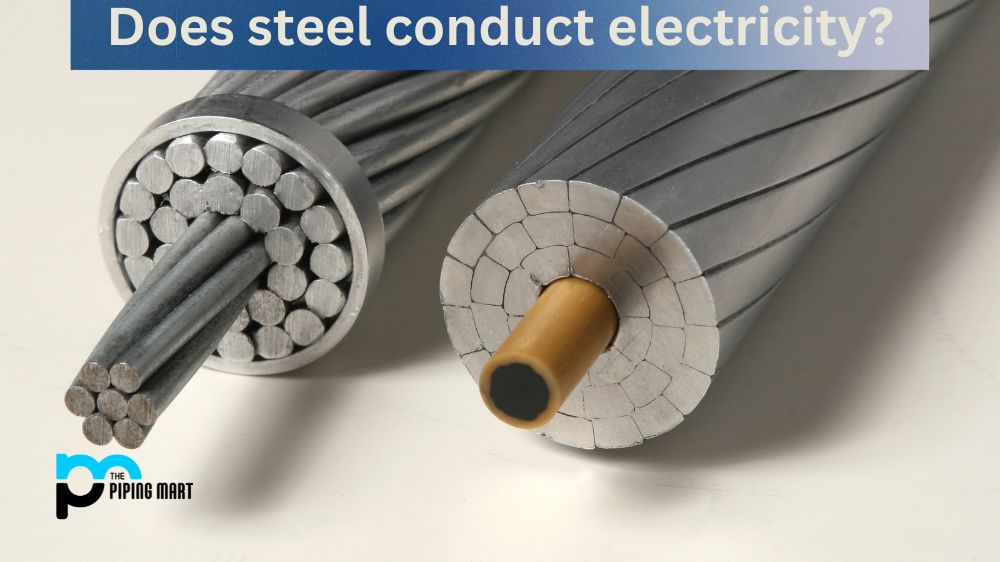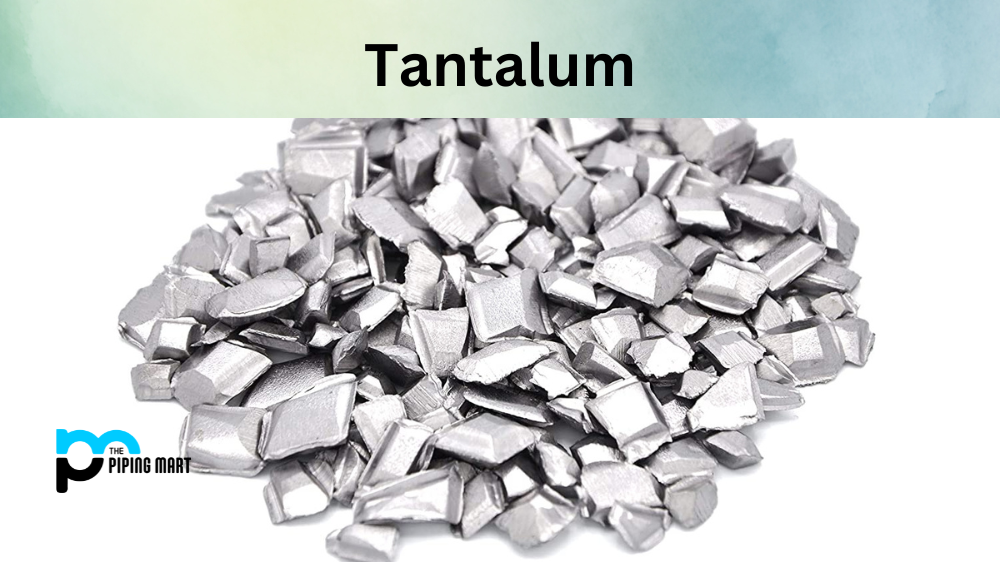When it comes to the properties of steel, one of the most common questions asked is, “Does steel conduct electricity?” Steel has a variety of uses and is used for a range of applications, from bridges and buildings to everyday items like knives and forks. So, does steel conduct electricity? Let’s take a look at what we know about this intriguing material.
The answer to the question “Does steel conduct electricity?” is not straightforward. It depends on the type of steel in question. For example, mild steel (low carbon content) does not conduct electricity very well at all. On the other hand, alloyed or high-carbon steels (such as stainless steel) can be excellent electrical conductors. In fact, some alloys are so electrically conductive that they are used in place of copper wiring in some electrical applications.
So why do some types of steel conduct electricity better than others? The answer lies in how electrons move through materials – or rather, how easily they move. Metals tend to have a low resistance to electric current because their atoms have loosely held electrons that easily move from atom to atom. This means that when an electric current passes through a metal conductor such as copper or aluminum, these electrons can flow freely throughout the material without much resistance – allowing for easy conduction of electricity.
Steel’s electrical properties depend on its composition; different alloys will have different levels of electron mobility, which affects their ability to transmit an electrical charge. High-carbon steels tend to have more tightly-held electrons that don’t move around as quickly as those found in mild steel or other low-carbon materials, resulting in less efficient electrical conduction overall. However, when alloyed with certain elements (such as chromium), these same steels can become highly electrically conductive due to increased electron mobility within the material itself.
Conclusion:
In conclusion, it’s important to remember that not all steels are created equal when it comes to their ability to conduct electricity – some types are better than others! Mild steels generally aren’t good electrical conductors, while alloyed or high-carbon varieties can be excellent ones depending on their composition and structure – so if you’re looking for an efficient conductor for your project, then you may want to consider using higher-quality stainless steel instead! Ultimately though, it all depends on your specific application and needs – so make sure you do your research first before making any decisions!

Pipingmart is a B2B portal that specializes in metal, industrial and piping items. Additionally, we share the latest information and information about materials, products and various types of grades to assist businesses that are involved in this business.




